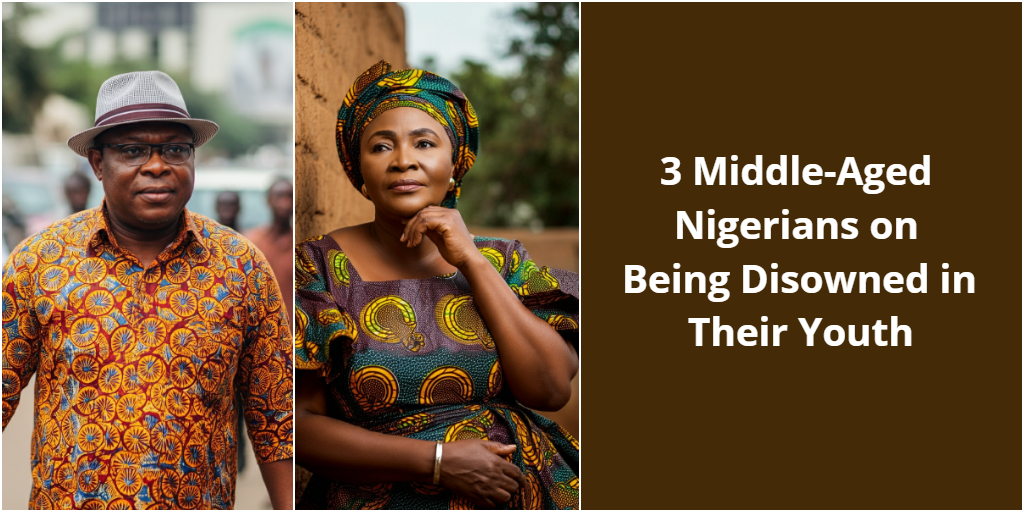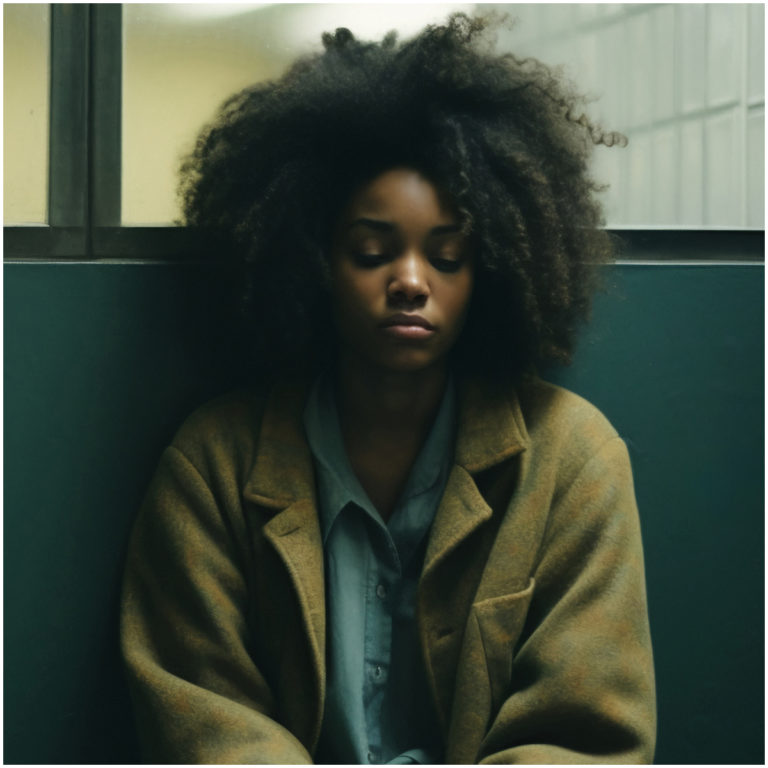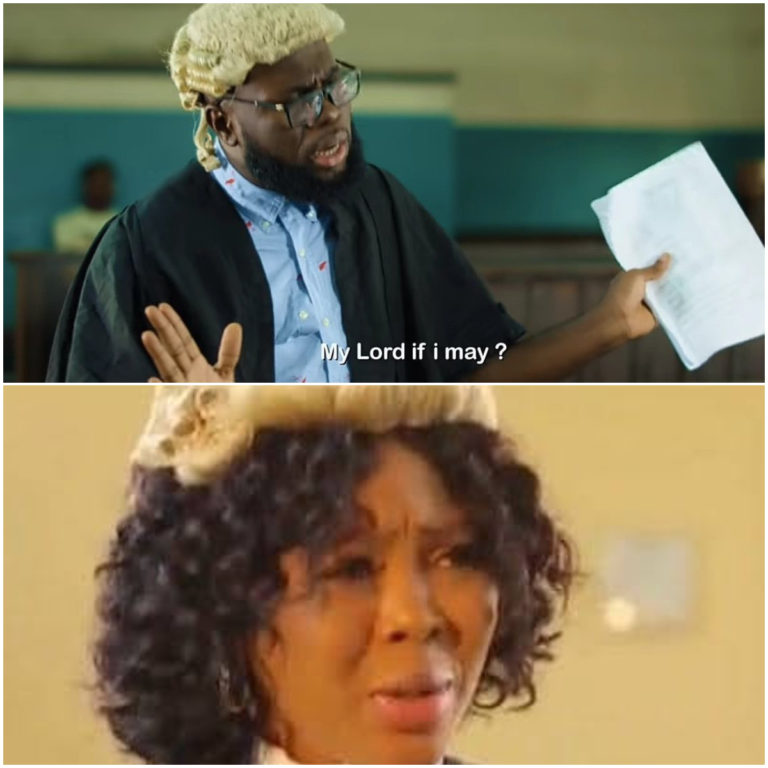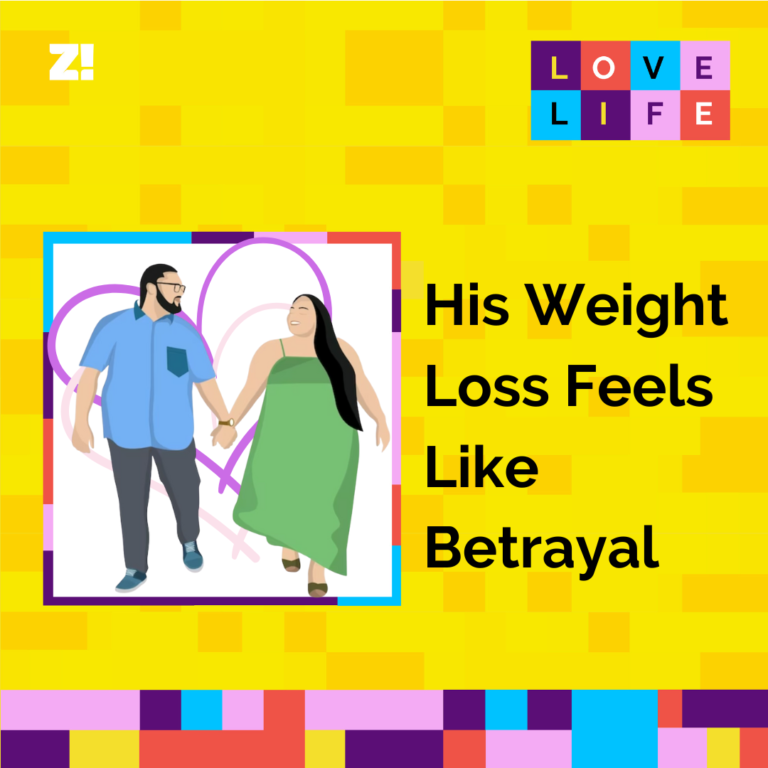Imagine growing up with parents who wield “I’ll disown you” like a threat or having a father who looks you in the eyes and says, “I’m not your dad.” That’s the reality some Nigerians face.
In this article, three middle-aged Nigerians share the stories of how their parents disowned them, how the experience has shaped their own families, and what it means to break the cycle.

Adeoyo*, 51
What do you think led to your parents’ decision to disown you?
“I’ll disown you” was a common threat my dad used on me and my two younger siblings. He set these strict, unrealistic expectations: we had to come first in school, be perfect at Sunday School, and avoid friendships with other neighbourhood kids.
Growing up, I often wondered why my mum stayed with him—he was emotionally abusive, and his words were sharper than physical pain. Sometimes, I wish he’d just hit us instead of leaving us with those cutting words that still haunt me today.
In my final year at uni, I got a call from my mum saying she’d left his house and that I shouldn’t return there after school. My dad took it as a betrayal, especially when we chose to stay with her. This time, he followed through on his ‘disownment’ threat. He died soon after I graduated, and we never had the chance to mend things.
How has this experience shaped your view of family and belonging?
It’s only made me appreciate the family I have with my mum and siblings. Leaving my dad brought us closer, and even though we struggled financially, we finally had peace and love in the home. I think we thrived better without his overbearing presence.
What aspects of your life now would you have wanted your dad to see or understand?
I would’ve liked him to see how well we turned out without him. All three of us now have our own families, and we’re nothing like him—we don’t use threats or manipulation to raise our kids.
Do you think this experience has impacted your role as a parent?
I don’t threaten my kids with things like, “I’ll disown you.” I’ve prioritised thinking carefully before correcting them to avoid saying things I’d regret. I’ve had slip-ups, but I’m intentional about doing right by them.
Johnson*, 48
What do you think led to your parents’ decision to disown you?
I don’t think my dad needed much reason. My mum says he just left us a few months after I was born and never came back. She eventually heard he’d remarried, but he refused all family attempts to reconcile. Growing up, I only knew him from old photographs.
In secondary school, a family friend convinced my mum to let me visit him. I wasn’t excited, but part of me wanted to see him. When I arrived, I met my stepmum and step-siblings. They were nice, but the atmosphere changed when he got home. My dad barely looked at me before saying, “Go back to your mother and tell her to show you your real father. I’m not him.”
That was the last time I saw him. I think, deep down, I disowned him just as much as he disowned me that day.
How has this experience shaped your view of family and belonging?
This isn’t uncommon in our society. There are single parent stories everywhere and some of these children have grown up just right. My grandmother always told me, “Orphans survive with no parents; you’re lucky to have one who cares.” Now, when my daughter calls me “the best dad ever,” I know I’m doing something right.
What aspects of your life now would you have wanted your dad to see?
I’d only have wanted him to meet my kids. They ask about him sometimes, and I just say he’s passed. Luckily, they have their maternal grandfather, who loves them like his own.
Do you think the experience has impacted your role as a parent?
Oh, it has. Like I said, my daughter calls me the “best dad in the world,” and that’s all the reassurance I need to know that I’m getting something right with her.
Toyin*, 42
What do you think led to your parent’s decision to disown you?
I didn’t invite my mum to my wedding.
She was mostly in and out of my life as a child, so I spent most of my childhood with my grandmother, who, though well-meaning, was strict and difficult. By the time I got to uni, I’d adjusted to life without a present mother. But she’d always say, “I’m still your mother, whether you like it or not.” At one point, she joined a cult, which distanced her even more from the family.
I didn’t want her at my wedding because she caused a scene at my graduation, and I worried she’d do the same on my big day. When she found out, she told people I was no longer her child. My grandmother tried to reconcile us, but my mum seems more invested in her cult now than in the family.
How has this experience shaped your view of family and belonging?
It’s shown me what I don’t want when creating my family. My mum failed to give me the gift of family, but I’m determined to give my kids what I didn’t have. With my husband and kids, I’ve found a true sense of belonging I’d always wanted.
What aspects of your life now would you have wanted your mum to see?
All of it. Childhood was hard without her, and adulthood hasn’t been any easier without her guidance. It would’ve been nice to have her here.
Do you think the experience has impacted your role as a parent?
It definitely has. When I find myself struggling or on the edge, I pause and think, “Would I want my daughter going through what I did?” The answer’s always “no,” it keeps me grounded as a parent.
Read this next: I’m Tightfisted, and It’s Ruining My Relationships

Get more stories like this and the inside gist on all the fun things that happen at Zikoko straight to your inbox when you subscribe to the Zikoko Daily newsletter. Do it now!




